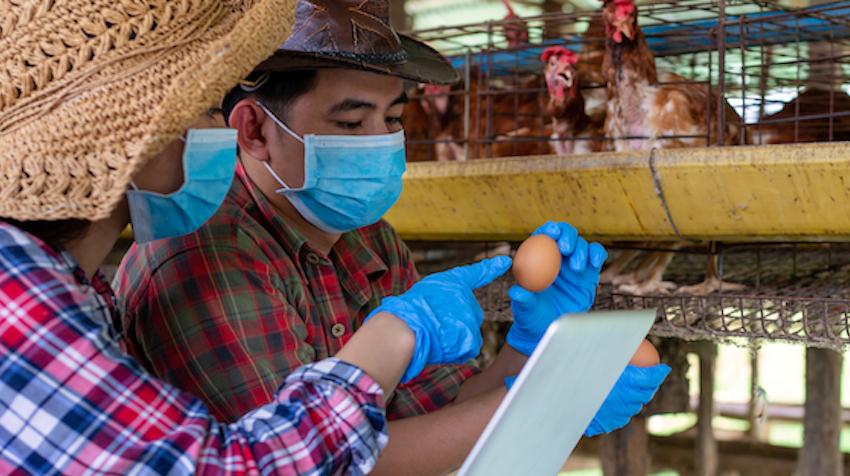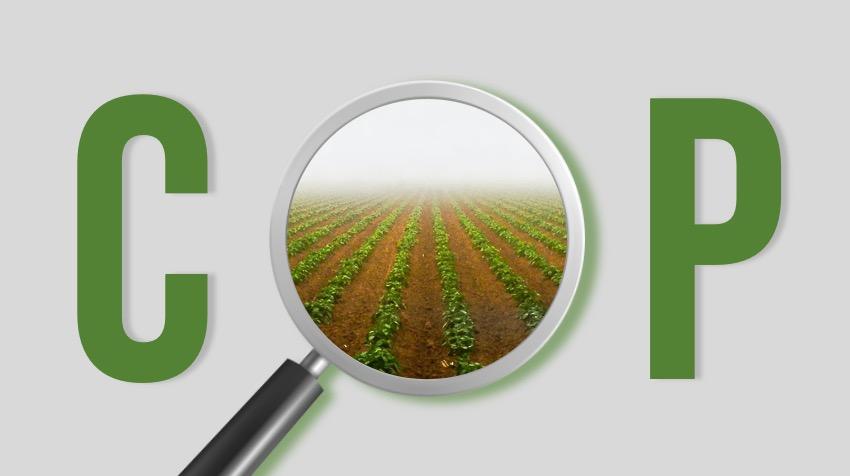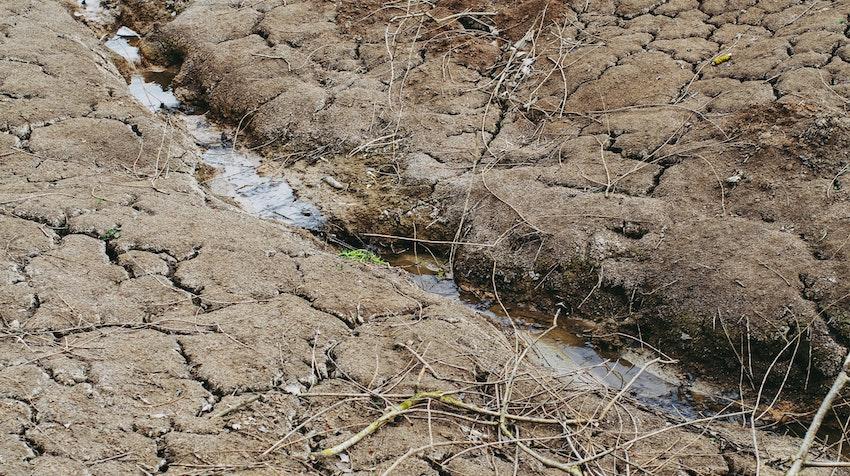The COVID-19 pandemic has caused unprecedented disruptions of social interactions, affecting both the supply and demand for food. These disruptions to jobs, income and food supply magnified and exacerbated existing inequalities. While the emerging urban middle class suffered greater income losses, the poor and vulnerable in rural and urban areas experienced the worst livelihood impacts. Many social programs, including cash transfers, nutrition and education were interrupted, delayed, or halted, setting back decades of process in reducing poverty, hunger, malnutrition and illiteracy. While efforts have been made to address these inequalities, they are likely to persist, as the global vaccine rollout is disproportionately delivering doses to wealthy countries and relatively well-off individuals.
Lessons from the pandemic provide a unique opportunity for real structural change that can make food systems more efficient, resilient, healthy, sustainable, and equitable. The pandemic is far from over, but as we look toward the future, policymakers must aspire to more fundamental changes in the food systems needed, leveraging multi-sectoral action and adapting to multiple shocks — disease, climate, economic and conflicts.
Now is a time like no other: We must seize this opportunity to make our food systems stronger in the wake of COVID-19.
Read the full commentary piece on medium.com.




